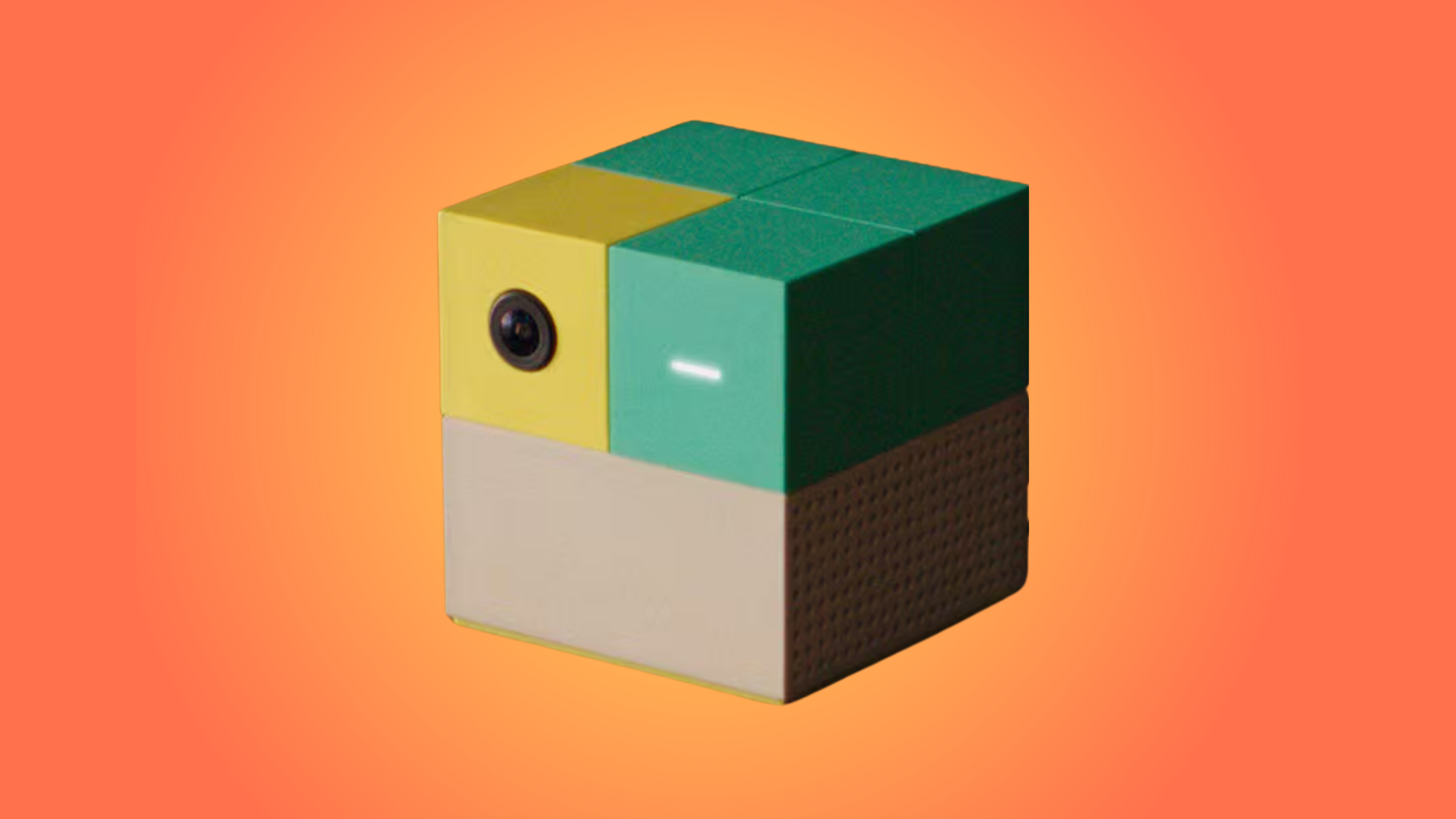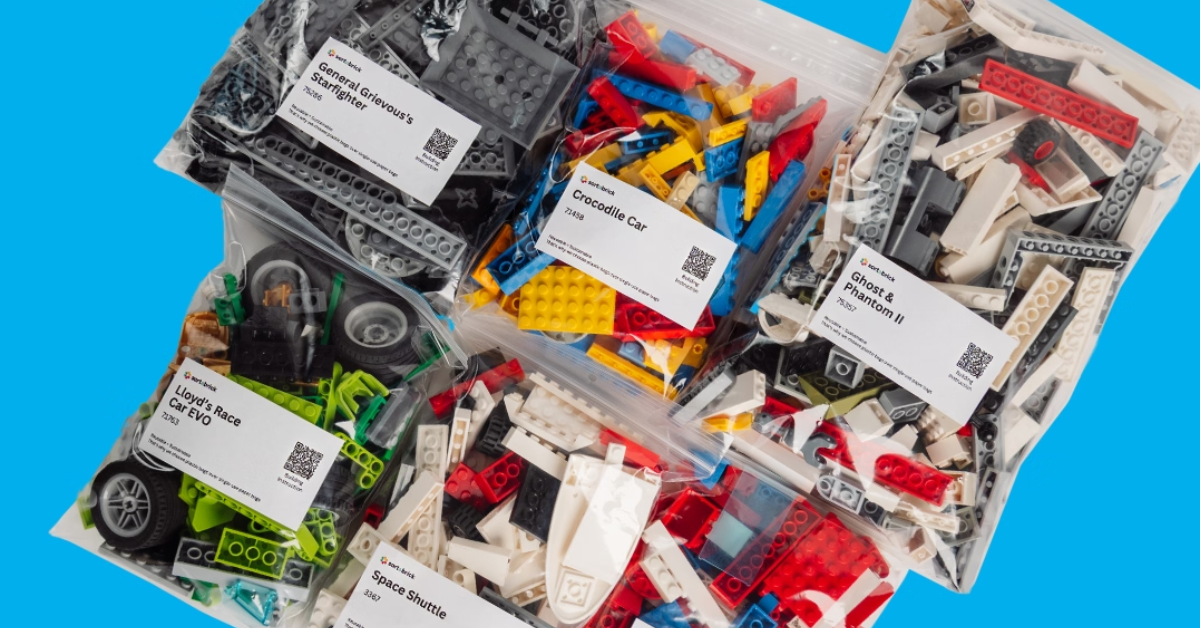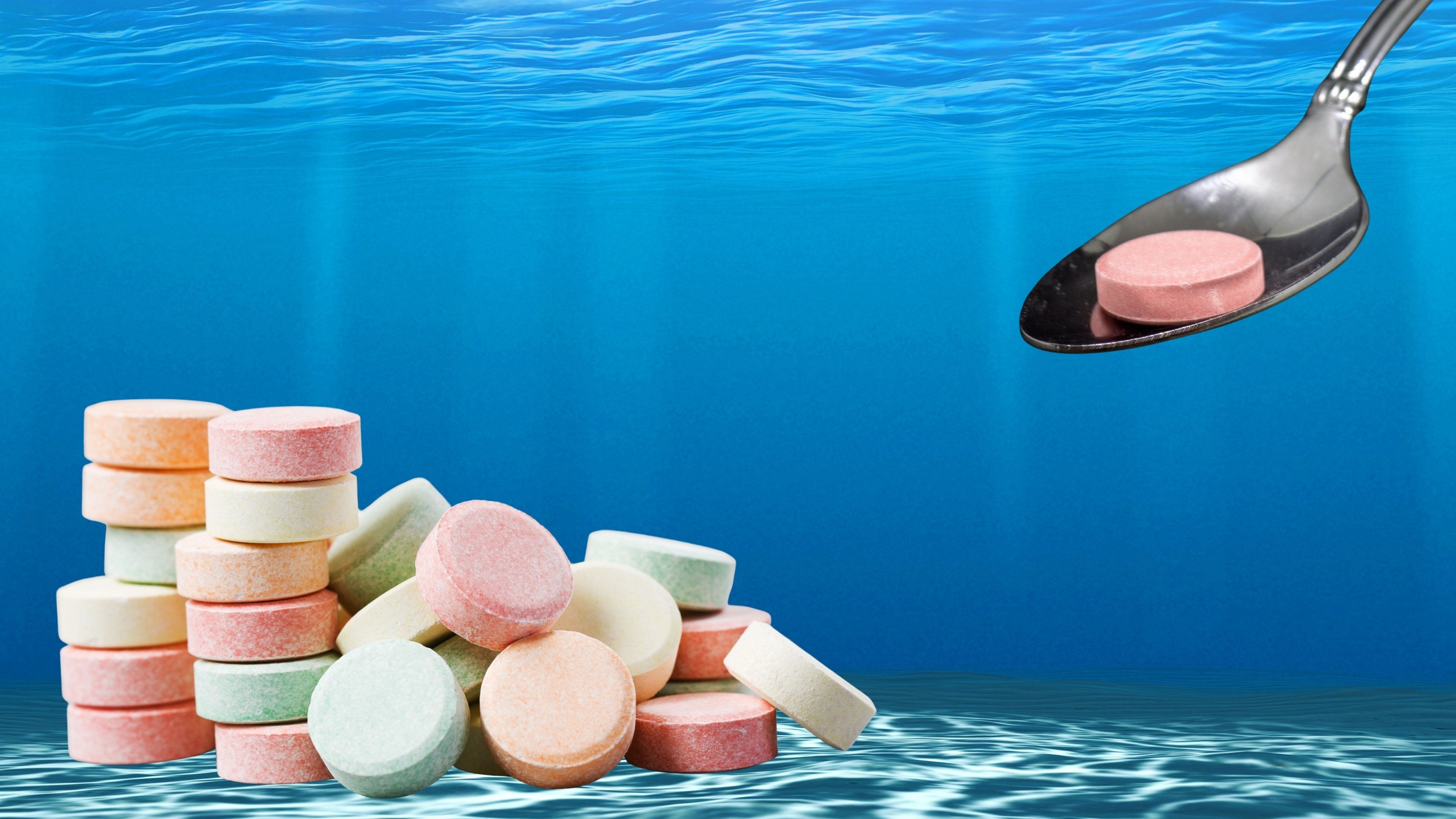There are ~1.5B cows in the world grazing, mooing, and feeding the planet.
-1.png?width=524&height=393&name=Hustle%20Blog%20IMGs-COOL%20AF-OPTION%202%20(2)-1.png)
But you know what else those big, spotted creatures can't get enough of? Burping. And while it might just be an impolite thing for us to do at the dinner table, it's a much bigger deal when a billion cattle are doin' it.
Ruminants (mammals including cows, sheep, and their relatives) account for 27% of annual methane emissions in the USA, according to Alga Biosciences, a startup working to stop it.
This means that stamping out their belches could make a sizable impact on the environment: Methane is 25 times more potent than carbon dioxide (CO2) at trapping heat in the atmosphere.
And that's exactly what Alga is attempting to do, starting with cows. The San Francisco-based company, founded in 2021, created a supplement made out of algae that can be added to traditional cow feed to reduce burping. It shifts cows' microbiomes slightly to interrupt the process of producing and releasing methane after eating.
The startup does not farm its own kelp, but instead taps into existing kelp resources, something co-founder Alex Brown says is pivotal to the company's success and its ability to scale.
"The core of our intellectual property is taking low-cost inputs like kelp that's already grown at massive scale for commodity industries in other parts of the world, and transforming that into a high-value feed additive," says Brown.
In its animal studies last year, Alga saw complete reductions meaning no methane was being produced by cows after ingesting the supplement, something Brown says no other company has accomplished yet.
Alga is gearing up for its first commercial pilot and will be selling the product to farmers in the US, New Zealand, Australia, Europe, and Latin America, to start. The company also completed its seed round through Y Combinator and raised ~$4m.
While we should all care about saving the planet, farmers need to see a more direct return on investment in order to pay for an additional product.
"It's not only a weird quirk that cows produce methane; it's also a hidden cost," says Brown. In terms of an energy balance, it's a huge waste of energy. And it's harmful.
Stopping that energy from being used to produce methane allows it to be freed up for more useful endeavors, like growth. This means that cows can require less food to grow more, making farming more efficient and cost-effective.
Since the startup has 1.5B cows to deal with, it's starting there, but Brown says the company does have hopes to tackle other animals eventually, particularly sheep (producing wool emits large amounts of methane).
What did you think of this article?
Startups
.jpg?width=48&height=48&name=IMG_2563%20(1).jpg)









